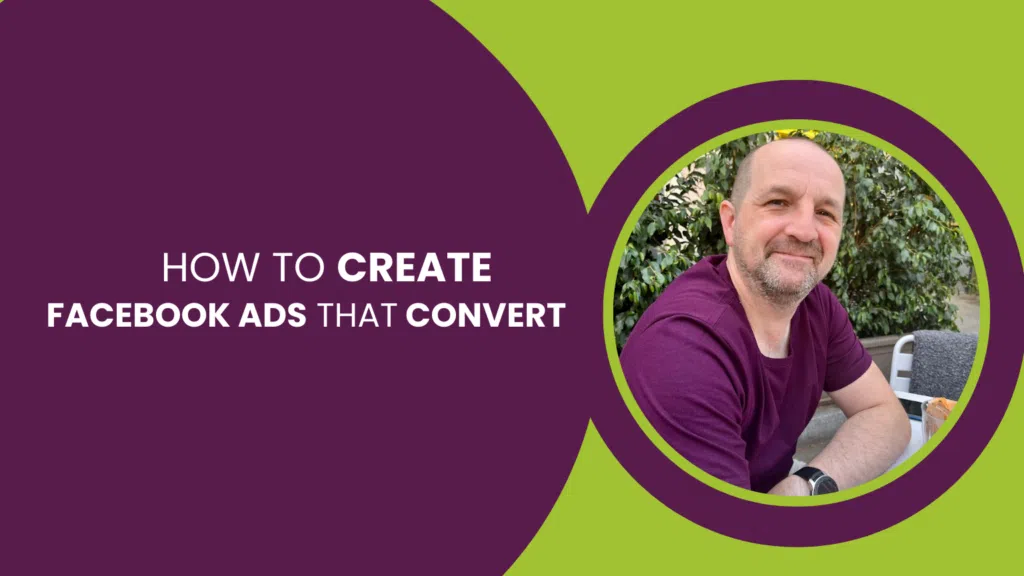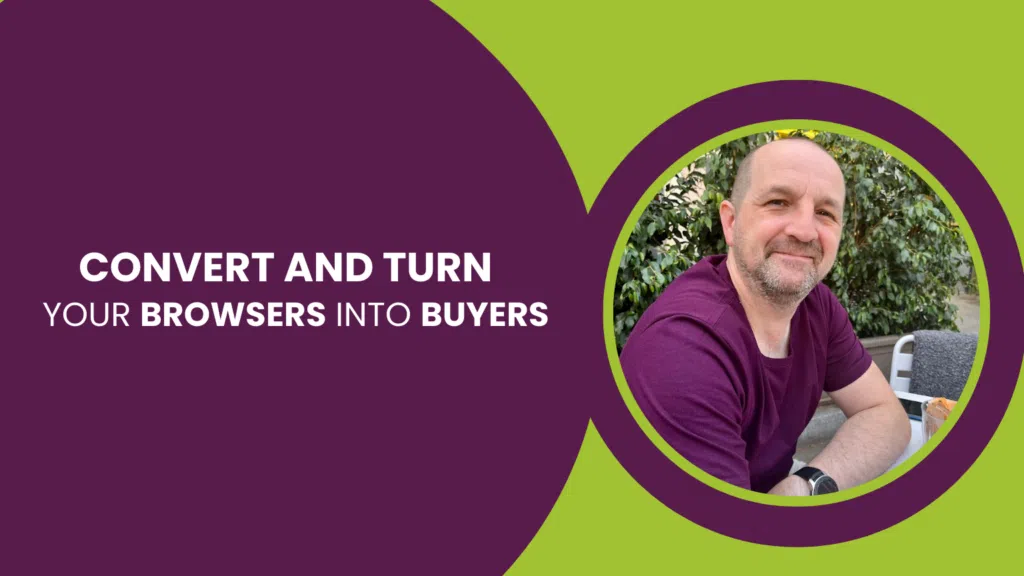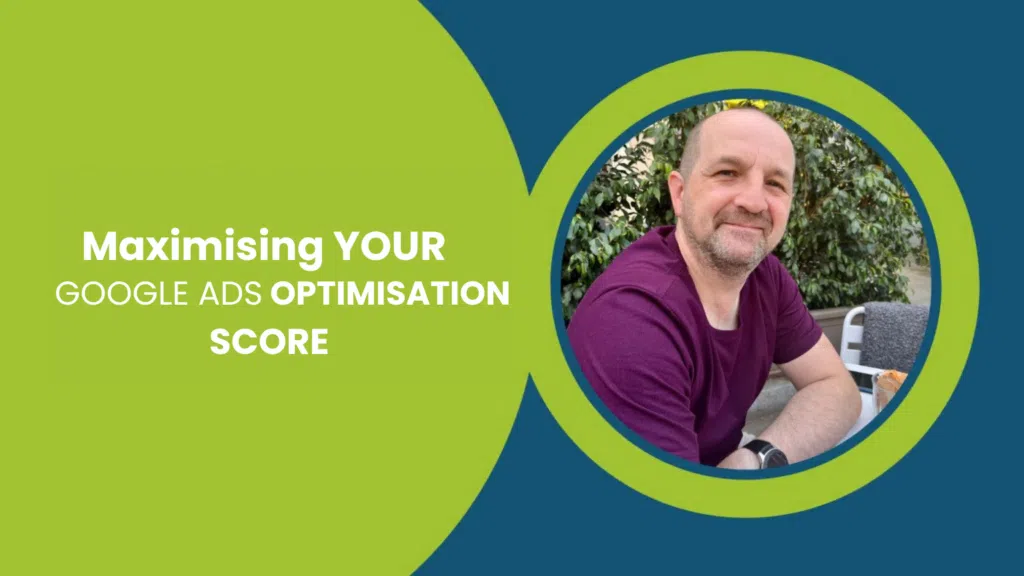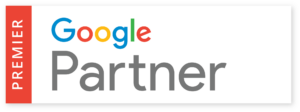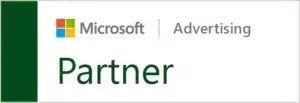Following up AdWords Back to Basics (Part One), we take a look at the more of the most common mis-steps made when advertising with Google.
Understanding the Different Keyword Match Types
There are 3 main types of keywords that you can use in your Google AdWords campaign(s); Broad, phrase and exact matches.
Starting with the simplest, Exact matches only match Searches for that keyword EXACTLY. i.e. the exact match keyword, [blue jacket] will only show your ad if someone types in that precise search term in that order with no additional words. The ad won’t show for plurals, (blue jackets); longer searches, (cheap blue jacket); misspellings (blue jaket); or other Searches containing those words (jacket blue, mans blue jacket).
The safest of the match types, but also significantly restrict coverage of the search market.
Phrase matches will show ads where the Search contains the phrase in that order. The phrase can be preceded or succeeded by additional terms. e.g. the phrase match keyword “blue jacket” would match Searches for cheap blue jacket, mens blue jacket, blue jacket hire, london blue jacket hire.
However, as with Exact Matches, the phrase would NOT match plurals, misspellings or Searches using a different structure; blue formal jacket, blue leather jacket, jacket blue – to show ads for those terms, all of the variations would have to be included separately.
Broad matches will match any Search containing the words in the keyword; blue jacket, jacket blue, mens blue jacket, blue jacket hire.
Broad matches will also expand to match plurals and misspellings; blue jackets, blue jakets, blue jacets. With search frequency so low, obscure searches like these examples are unlikely to match Exact keywords even if you were to bid on them – Google only includes keywords in its index with a reasonable search volume.
Most dangerously, Broad keywords use a contextual matching algorithm, potentially expanding blue to navy or jacket to coat. Potentially then, your Broad match keywords matches Searches for blue overcoat, coat of blue paint, navy mens jackets, mens navy blue parker coats and even ladies jackets.
Care should be taken when using Broad match keywords. However, implemented correctly, Broad match keywords do represent a significant volume of traffic otherwise unavailable with Phrase and Exact matches alone.
Ad Split-Testing
CTR (Click Through Rate – the percentage of clicks on your ad versus the number of times it is displayed) is an important consideration in both traffic volume, Quality Score and ad positions.
One of the ways to achieve a good CTR (upwards of 3%), is to “Split-Test” ad copy.
Ad split-testing is a great way of finding out what your target audience is motivated by. For example, eCommerce stores might test; “Great value blue jackets”, “Wide range of blue jackets” and “Great quality blue jackets” to see which achieves the best CTR.
Ad split-testing never stops. After testing the first set of benefits, it is common to test different headlines or action calls in ad copy. What works best?
In stock now, free delivery OR Free next day delivery
Call now for free advice OR Call now for expert advice OR Call now for a friendly chat
Finest Blue Jackets OR Blue Jackets OR Blue Jacket Sale Now On
(And here’s a tip – you might think you know, but you’ll be surprised at the results).
Once you know which achieve the best CTR and what best motivates your audience, you can reinforce this selling point throughout your marketing strategy.
Conversion Tracking
CTR is an important statistic for both quality score and traffic volume, but the real value to an advertiser is Conversions. A Conversion might be a sale, an enquiry, a registration or a download – whatever is the objective of your campaign.
The tracking code is available in your AdWords account and can be implemented easily with little knowledge of HTML code.
The code is placed on a “goal page”; the page after the event you’re tracking occurs, commonly called a “thank you page”. This might be the page that says, “thanks for sending us a message”, “thanks for registering” or “thanks for your order”, but in all cases, you should only be able to reach this page by completing the Conversion action, or your stats will be completely unreliable.
Why do it? For a successful campaign, it is essential to know the Conversion Rate and most importantly the Cost Per Conversion for every keyword you bid on or every site on the Display Network that drives traffic to your site and for every landing page you might be using.
Armed with Conversion Rates for every keyword, it is far easier to measure the ROI for each of them and to increase spend, optimise or remove them entirely depending on their individual performance.
Without Conversion Tracking, you’re merely paying for traffic with little knowledge of which keywords Convert, and which just waste your budget.
Managing Bids
The maximum CPC (Cost Per Click) bid is a significant factor in the positions that your ads appear in the search results on Search Engines. Ideally, your ads should appear in the top half of the results on the first page (positions one to five).
Managing how much to bid involves analysis of the performance data in your account; what ad position did it achieve, how many Conversions and the Cost Per Conversion are important stats to consider.
You should also pay close attention to conversion rates achieved by ads in higher or lower positions. As a general rule (not ALWAYS true, be careful), ads in the top position convert better than ads lower down. Even though the CPC might be higher, the Conversion Rate is also higher, generally meaning that the overall Cost Per Conversion is lower in top positions than in those in lower positions.
Be especially careful with Broad match bids. The higher you bid, the harder Google will work to show your ad – and also how aggressively it will contextually match your keyword. If you’re not cautious with this, you could end up with some weird and wonderful Searches showing your ads that you really didn’t want to pay for!


